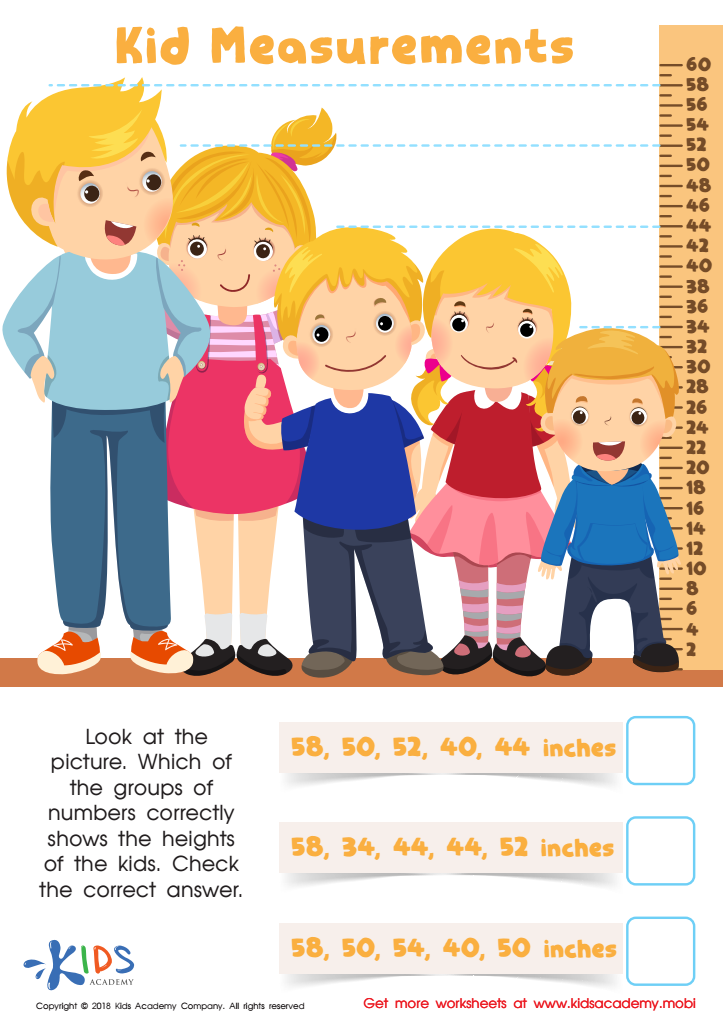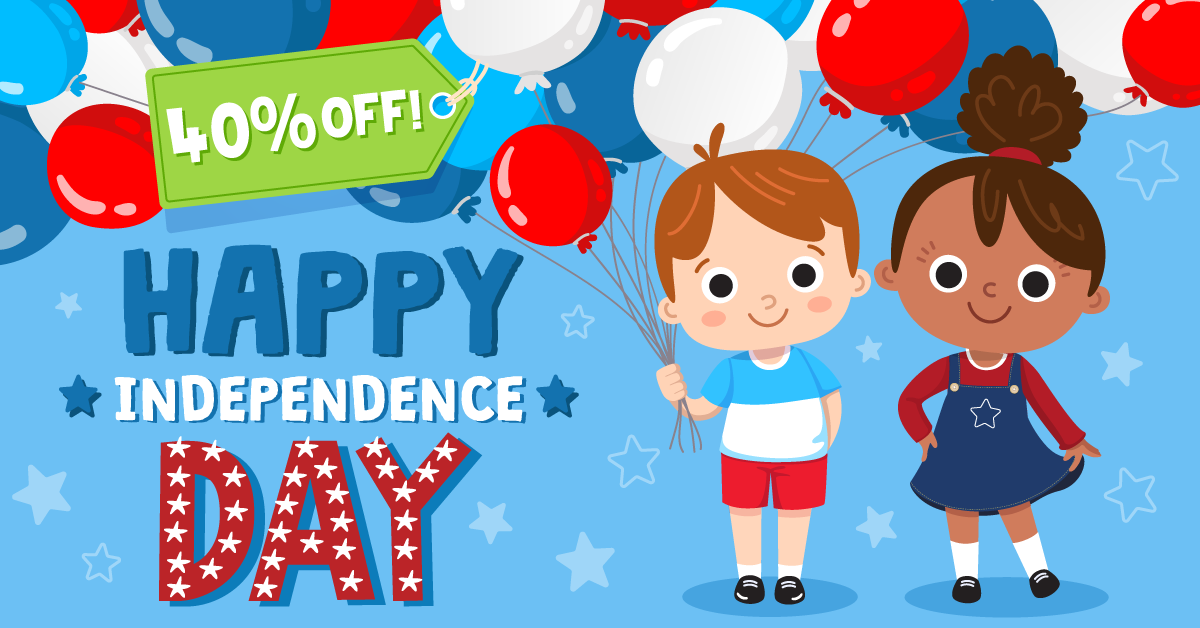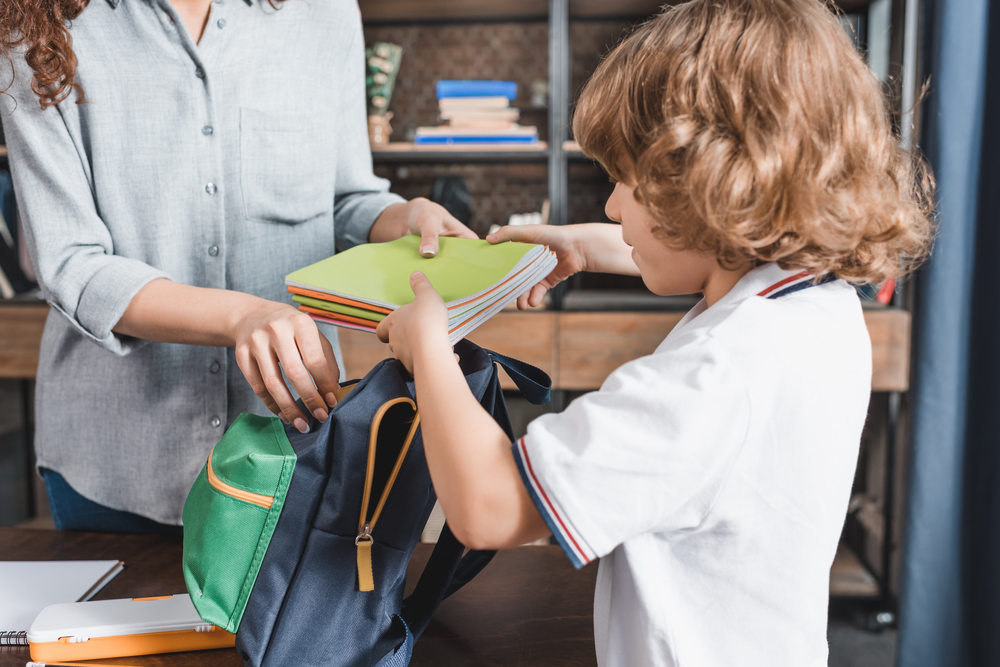Comparative reasoning Worksheets for Kids
1 filtered results
-
From - To


Kids Measurements Worksheet
Question/Answer
What does the Comparative reasoning skill mean when it comes to Grade 2 Measurement learning?
Comparative reasoning in Grade 2 Measurement learning involves the ability of students to compare and contrast different attributes of objects, such as length, weight, and volume. It enables them to understand concepts of measurement by observing differences and similarities, helping them to categorize objects and comprehend measurement units through direct comparison.
How to train the Comparative reasoning skill in Grade 2 students learning about Measurement?
To train comparative reasoning in Grade 2 students learning about measurement, start by using hands-on activities and real-life objects. Encourage them to measure and compare lengths, weights, and volumes using standard and non-standard units. Use questions like "Which is longer/shorter, heavier/lighter, or holds more/less?" to prompt discussion and comparative thinking. Incorporating visual aids and manipulatives can also enhance understanding.
What are some effective activities to train students’ Comparative reasoning skill when teaching them about Measurement?
Effective activities for training students' comparative reasoning in measurement include using everyday objects for direct comparison, organizing measurement scavenger hunts, creating measurement estimation jars, engaging in measurement sorting games (e.g., longest to shortest), and conducting experiments that require prediction and comparison of results, such as measuring and comparing the growth of plants under different conditions.
 Assign to the classroom
Assign to the classroom











